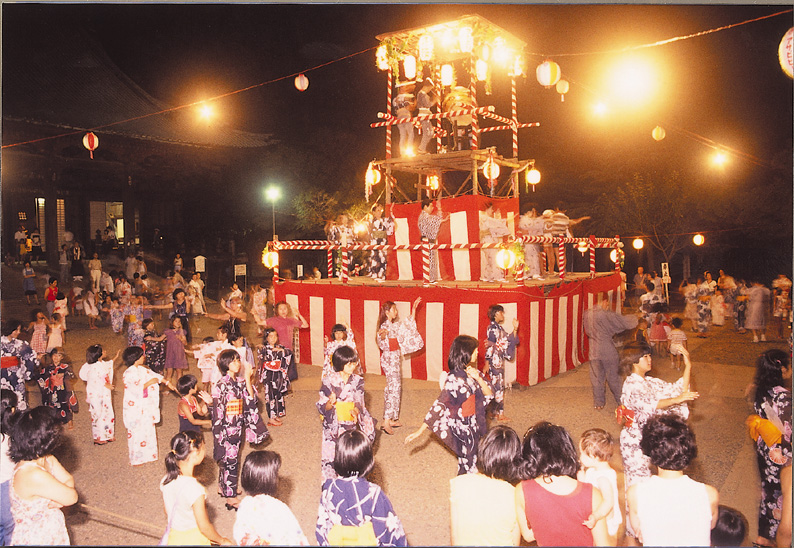Though my R&R has kept me out of the querying trenches for the past year (!) or so, I've been thinking about that rejection I'm sure we've all received once: "I just didn't fall in love the way I'd hoped." It's a frustrating one, for sure, because maybe there's nothing wrong with the manuscript. Maybe it just didn't cross over from like to love.
It got me thinking about my own reactions to fiction. As I said on Twitter a while ago, I basically have four possible responses to a movie, TV show, or book:
1. Ugh - This is not only bad, it's offensive or problematic in some way, and thinking about it annoys me.
2. Ehhh - Most bad or mediocre fiction falls into this category, and I won't waste energy hating it.
3. I like this! - Fiction in this category ranges from good to excellent. If it's a movie or TV show, it's something I enjoy having on in the background while I do line-edits or work out, and if it's a book, I'll usually spend a nice weekend afternoon reading it. Sometimes I forget it as soon as I'm done, and other times I will idly ponder plot points and relationships on my commute.
4. LYING ON THE FLOOR, INCAPACITATED BY EMOTIONS - I love it so much I cannot actually deal.
Gif is from this album.
Being in love with a piece of fiction is a wonderful thing. I giggle incessantly at the funny moments, I bawl my eyes out at the emotional moments, and I make giant heart eyes at all the characters. Sometimes I'm able to write long, loving reviews about why it's so good, but as a rule, the more I love something, the less coherent I will be about it. My insightful commentary generally adds up to "OMG, [CHARACTER NAME]."
The difference between 3 and 4 is so, so small, but most things I like don't make it to that 'love' stage. And that has nothing to do with quality. Sometimes I will read or watch something, and intellectually I will recognize how well-crafted it is, but it's a solid 3. Then I will read or watch something silly and fluffy and absolutely fall in love with it. It might be a trope that falls into one of my narrative kinks, or a character I completely and utterly fall for, but most of the time, it isn't something I can articulate. The spark was just there for me - and yet, for someone else, that same work of fiction might be a 3.
Or even a 2.Which I respect. Even if it makes me sad. ;)
So just because your manuscript was a 3 with one agent, don't give up! There might be someone else out there who thinks you wrote a very, very emphatic 4.
What separates like from love for you? Any recent examples?

.JPG)
